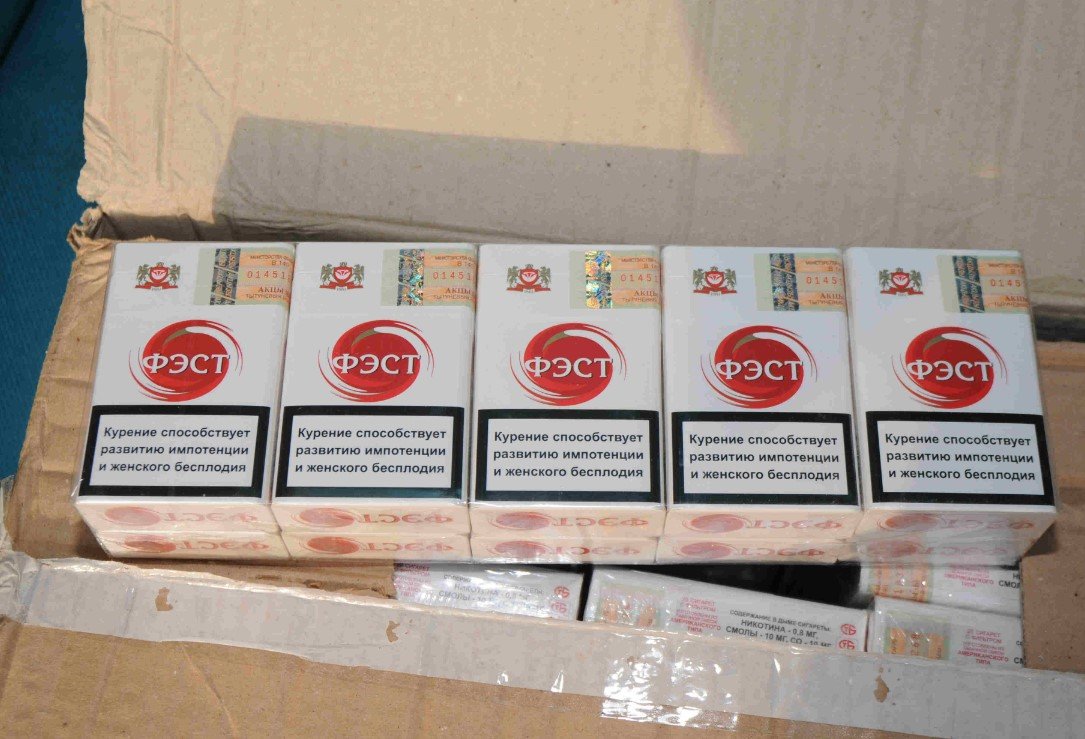In a growing concern for authorities, Cyprus has become a significant hub for tobacco smuggling into the United Kingdom. The lucrative profits from this illegal trade have attracted numerous criminal organizations, leading to a surge in smuggling activities. Recent reports indicate that large quantities of tobacco products are being transported from Cyprus to the UK, bypassing legal channels and evading taxes. This article explores the dynamics of this smuggling operation, the impact on public health and the economy, and the measures being taken to combat this illicit trade.

The Mechanics of Tobacco Smuggling
Tobacco smuggling from Cyprus to the UK involves sophisticated networks and methods. Smugglers often use hidden compartments in vehicles, false documentation, and even small boats to transport large quantities of cigarettes and loose tobacco. The high demand for cheaper, untaxed tobacco products in the UK fuels this illegal trade. Smugglers can sell these products at significantly lower prices than those available through legal channels, making it an attractive option for consumers looking to save money.
Customs officials in both Cyprus and the UK have been working tirelessly to intercept these illegal shipments. Recent busts at Larnaca Airport revealed hundreds of cigarette cartons and dozens of kilograms of loose tobacco destined for the UK. These seizures highlight the scale of the smuggling operations and the challenges faced by authorities in curbing this illicit trade. Despite these efforts, the high profits continue to drive smugglers to find new and innovative ways to evade detection.
The involvement of organized crime syndicates further complicates the issue. These groups have the resources and networks to carry out large-scale smuggling operations, making it difficult for law enforcement to dismantle their activities. The profits from tobacco smuggling are often used to fund other criminal enterprises, exacerbating the problem and posing a significant threat to public safety.
Economic and Public Health Implications
The economic impact of tobacco smuggling is substantial. The UK government loses billions of pounds in tax revenue each year due to the illegal trade of tobacco products. This loss of revenue affects public services and infrastructure, as funds that could be used for these purposes are diverted to criminal organizations. Additionally, legitimate businesses suffer as they struggle to compete with the lower prices of smuggled tobacco products.
Public health is also at risk due to the prevalence of smuggled tobacco. These products often do not comply with health regulations and may contain harmful substances not found in legally sold tobacco. Consumers are unaware of the potential dangers, increasing the risk of health issues associated with smoking. The availability of cheaper tobacco products also undermines public health campaigns aimed at reducing smoking rates and promoting healthier lifestyles.
Efforts to combat tobacco smuggling must address both the economic and public health implications. Strengthening border controls, increasing penalties for smuggling, and enhancing international cooperation are essential steps in tackling this issue. Public awareness campaigns can also play a role in educating consumers about the risks of smuggled tobacco and the importance of supporting legal channels.
Measures to Combat Smuggling
Authorities in both Cyprus and the UK are implementing various measures to combat tobacco smuggling. Increased surveillance and intelligence-sharing between customs officials have led to several successful interceptions of smuggled goods. These efforts are crucial in disrupting the supply chains and networks used by smugglers. However, the high demand for cheaper tobacco products means that enforcement alone is not enough.
Legislative measures are also being considered to strengthen the fight against tobacco smuggling. Stricter penalties for those caught smuggling tobacco, including longer prison sentences and higher fines, can act as a deterrent. Additionally, improving the traceability of tobacco products through advanced tracking systems can help authorities identify and intercept smuggled goods more effectively.
International cooperation is vital in addressing the transnational nature of tobacco smuggling. Collaborative efforts between countries can enhance the effectiveness of enforcement measures and reduce the flow of illegal tobacco products. Sharing intelligence, conducting joint operations, and harmonizing regulations are key components of a successful international strategy to combat tobacco smuggling.
Jane Smith is a seasoned article writer specializing in cannabis-related content. With a keen focus on the latest trends, research, and developments in the cannabis industry, she brings a fresh perspective to her writing. Jane’s insightful articles delve into the medicinal benefits, legalization efforts, and evolving culture surrounding cannabis. Her engaging storytelling and informative approach make her a trusted source for readers seeking accurate and up-to-date information on all things cannabis.








